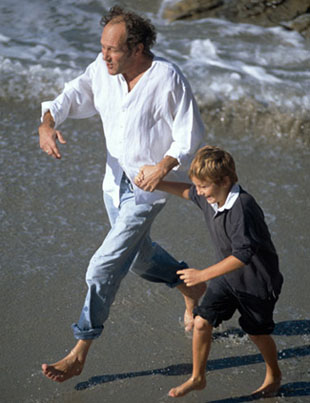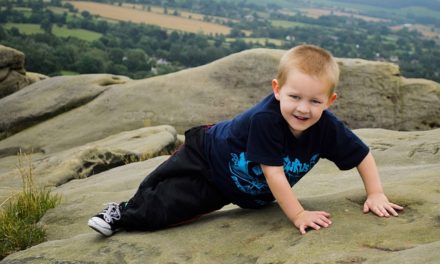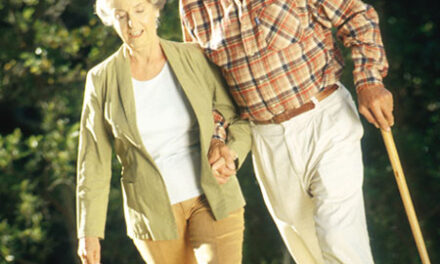How active are you with your grandkids? Are you spry enough to get on their level or roll around on the floor and play with them?
There are some developmental benefits for kids—especially boys—when they get that kind of physical engagement. Vigorous, affirming, playful interaction helps boys learn to regulate their behavior, deal with a range of emotions, and adapt to a variety of situations. They learn to interpret facial expressions and body language, and start figuring out how to respond to authority figures in their lives. And of course there are benefits for girls, too.
This is really more of a parenting thing, right? Isn’t it asking too much for grandparents to wrestle and roughhouse with our grandkids? After all, we aren’t as agile as we once were, and being active doesn’t have to mean constantly testing the limits of our bodies just so we can interact with our grandkids. We don’t need to be visiting the emergency room several times a month.
But what can we do? Here are three ideas:
Be engaging and exciting.
This might be more about our mindset when we’re with our grandkids, which means we’re thinking about ways to make them laugh, make them think, make them try something new. Maybe that also means we’re saving funny and interesting things we come across when we aren’t with them, so we can share them later.
We can use our facial expressions to demonstrate a range of emotions to our grandkids. We show up to watch them compete or perform—or figure out ways to watch them online—and then actively affirm them to help build their confidence. We are reliable sources of positivity in their lives.
Challenge them.
Beyond the positive engagement, we can suggest that our grandkids try a task that will help them stretch the limits of what they think is possible. Maybe we pay them to work for us in some way or ask for their help with a project or teaching them a new skill. (Often this comes naturally more for grandfathers.)
Of course, with any new challenge, sometimes we also need to stay close by in case a grandchild isn’t quite ready to handle something or he could get hurt as he learns—like riding a bike or a similar activity.
Be physical in whatever ways you can.
Maybe our bodies are limited at this age; maybe it’s asking too much for grandparents to actually wrestle and roughhouse with our grandkids. But what can we do to be active with them? Walks and bike rides are great. One-on-one basketball in the driveway provides a chance for some decent exercise and an occasional playful intentional foul. It isn’t that hard to send a grandchild out for passes and be the quarterback, or pitch whiffle balls while she fine-tunes her swing. We can play Hide-and-Seek and make sure to give a hug (and maybe tickles) when we find them. Or we can sit across the living room so a toddler can learn to walk right into our arms.
There’s nothing like the joy of grandparenthood to give us a little more energy and motivate us to try something that maybe we haven’t in a while. We just need to be careful—with our grandkids and ourselves. But we can find physical ways to engage with them that work for everyone.
What are some active ways you enjoy time with your grandkids? Share an idea with others on our Facebook page here.





